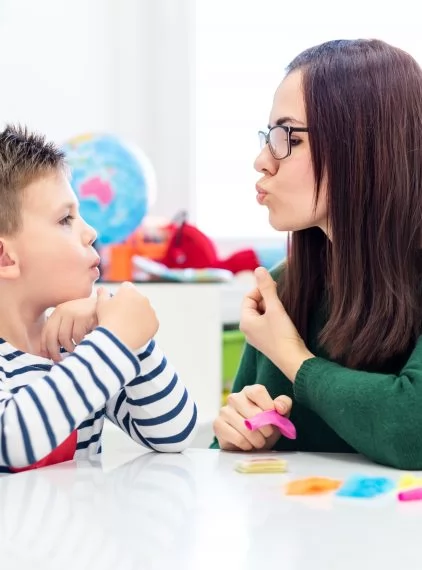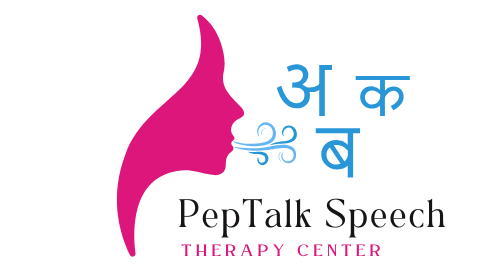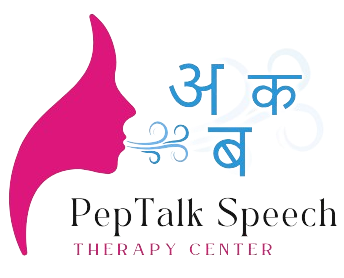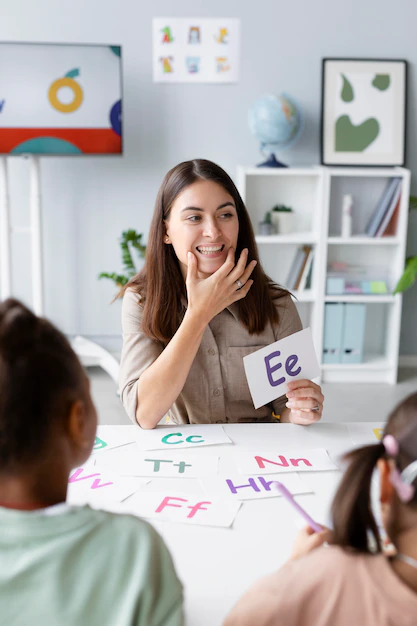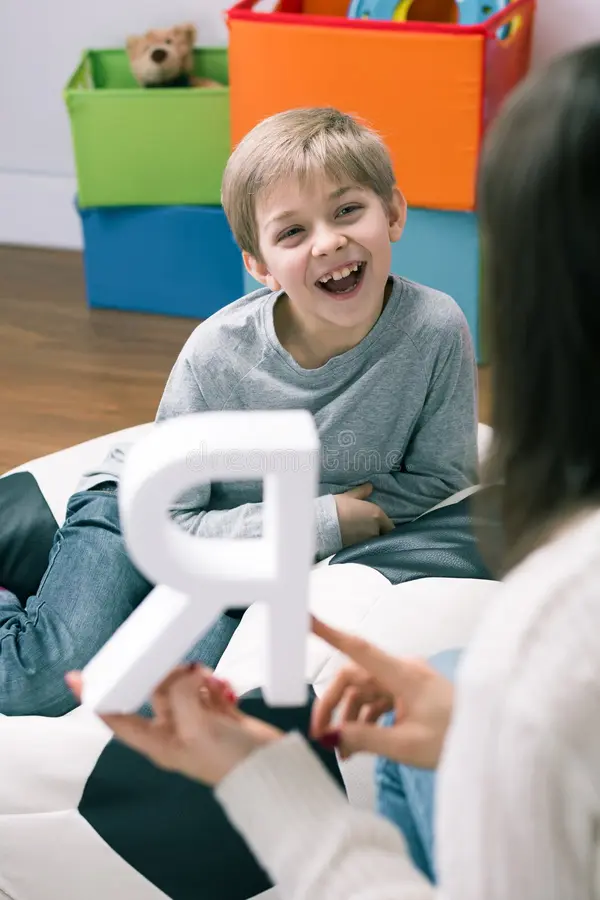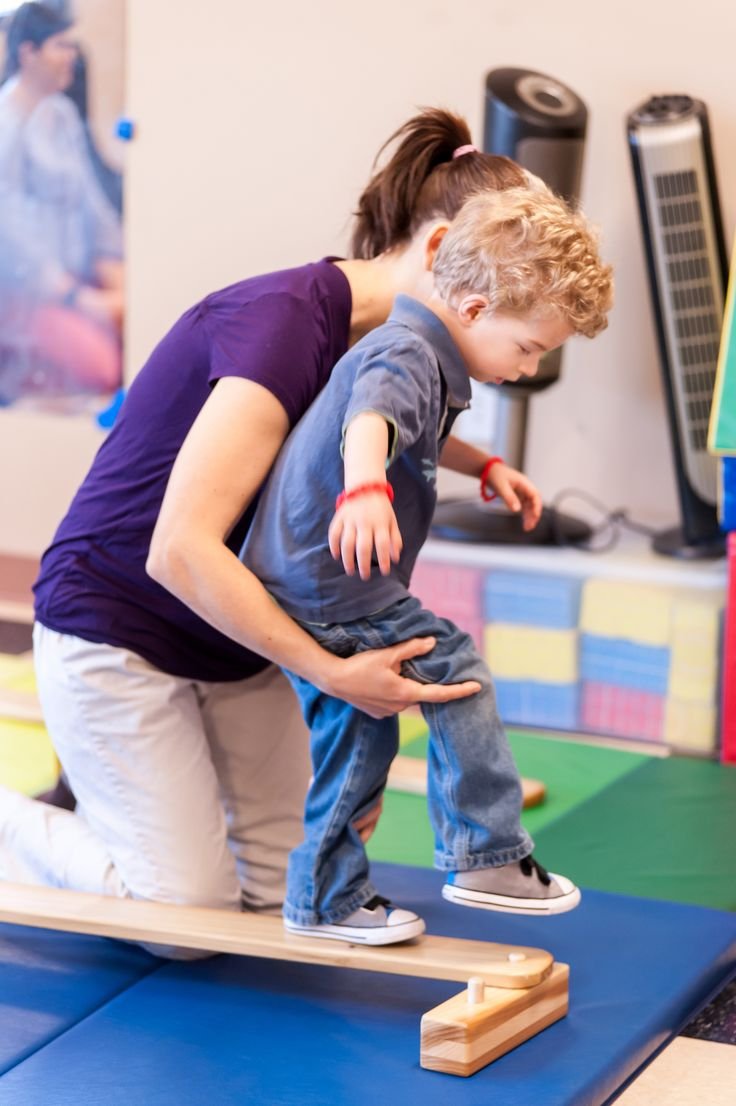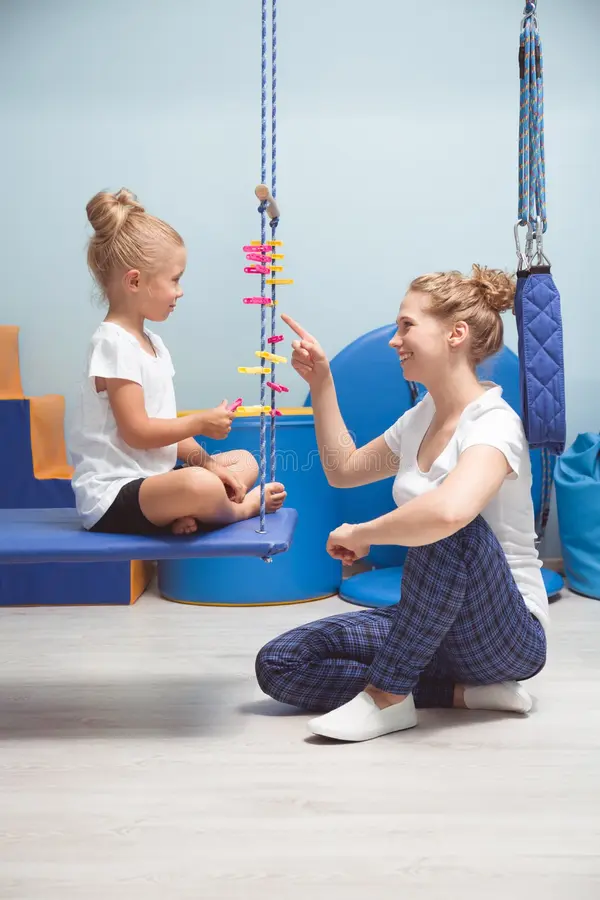
We Prepare Your
Child For Life
Montessori Is A Nurturing And Holistic Approach To Learning
We Prepare Your
Child For Life
Montessori Is A Nurturing And Holistic Approach To Learning
We Prepare Your
Child For Life

Special Child Session
For Brain Growth
Montessori Is A Nurturing And Holistic Approach To Learning
Special Child Session
For Brain Growth
Montessori Is A Nurturing And Holistic Approach To Learning
Special Child Session
For Brain Growth

Best Children Study
And Furture Care
Montessori Is A Nurturing And Holistic Approach To Learning
Best Children Study
And Furture Care
Montessori Is A Nurturing And Holistic Approach To Learning
Best Children Study
And Furture Care


Our multi level kindergarten
programs cater to the age group
of 2-5 years with a children
focussing curriculum .
Our multi level kindergarten
programs cater to the age group
of 2-5 years with a children
focussing curriculum .
We Prepare Your
Child For Life


Our multi level kindergarten
programs cater to the age group
of 2-5 years with a children
focussing curriculum .
Our multi level kindergarten
programs cater to the age group
of 2-5 years with a children
focussing curriculum .
We Prepare Your
Child For Life

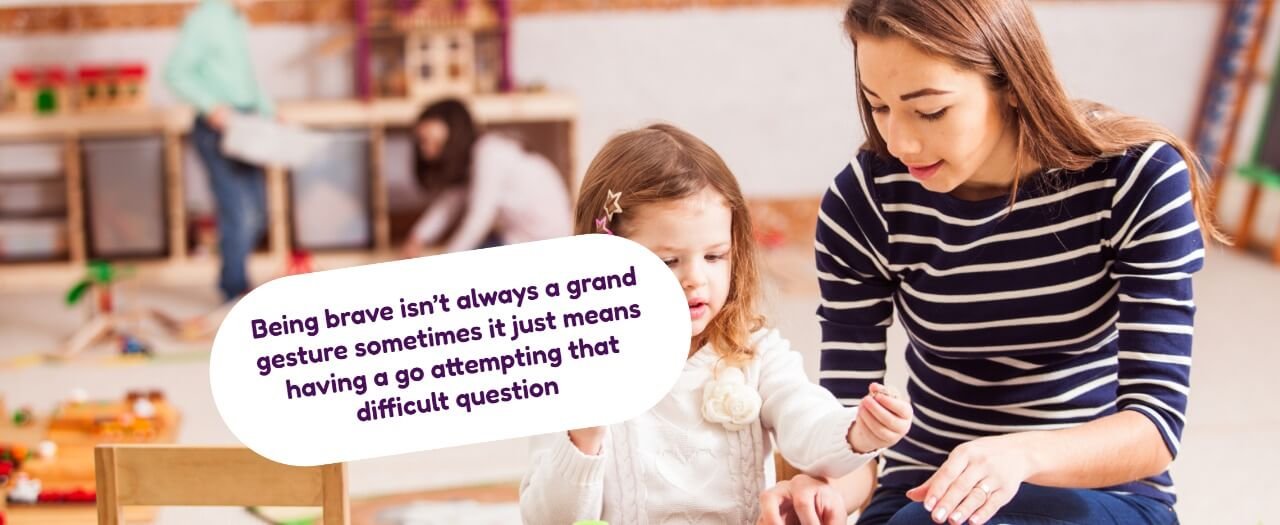
Being brave isn’t always a grand
gesture sometimes it just means
having a go attempting that
difficult question
Being brave isn’t always a grand
gesture sometimes it just means
having a go attempting that
difficult question
Best Children Study
And Furture Care

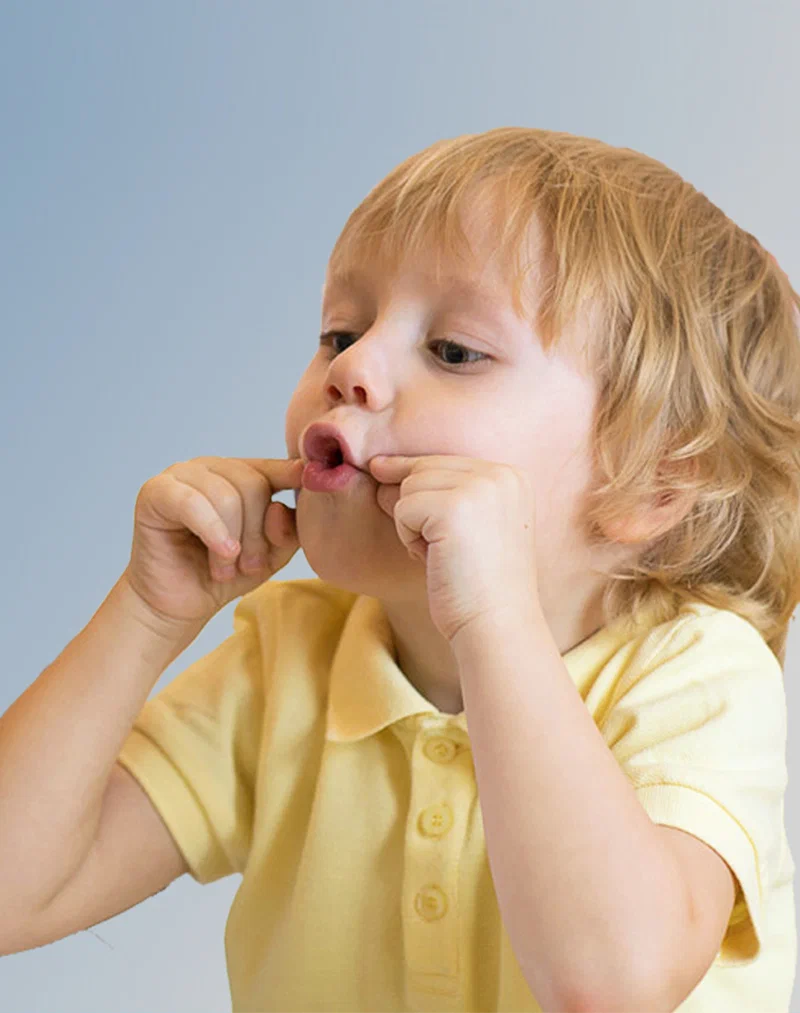
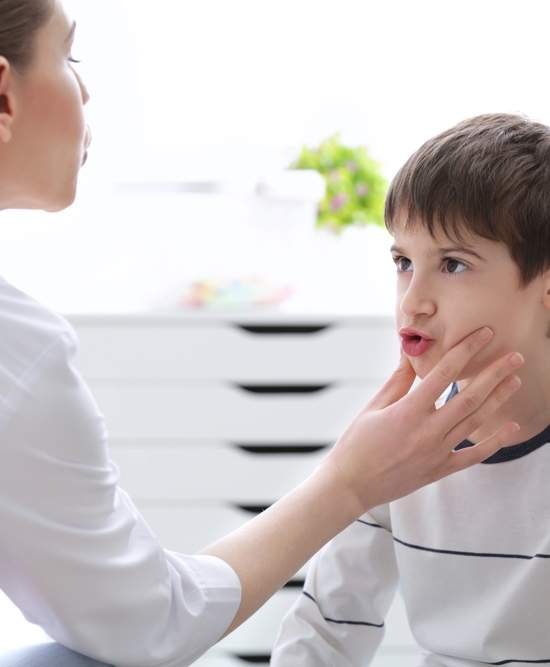
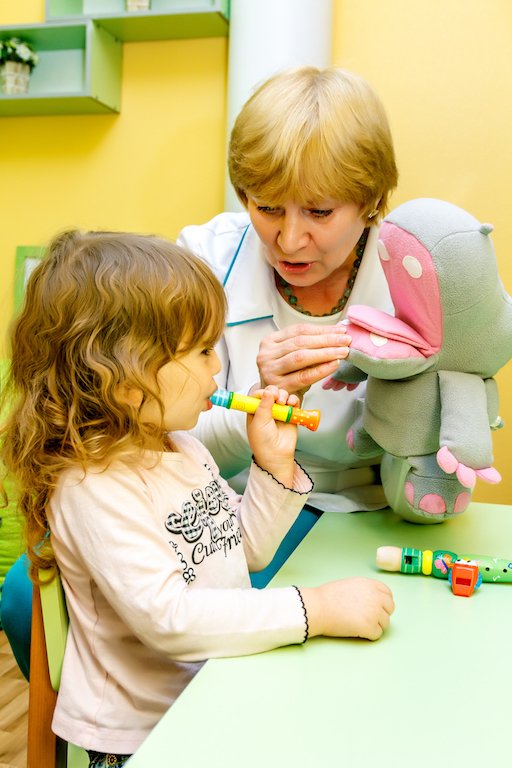
Your Child Will Take Leading Speech Therapy
Speech therapy for children is a specialized form of therapy that focuses on improving a child's communication and language skills. Speech therapists, also known as speech-language pathologists (SLPs), work with children who may have difficulties with speech, language, communication, or swallowing. Here's some information about speech therapy for children:
75
Speech Activities
03
Loving Teachers
Enroll Your Child In A Session Now!
If your child is going to take a leading role in the speech therapy program, it could mean they have a strong aptitude for the subject or perhaps they are being recognized for their progress and leadership qualities. Encourage and support your child in this endeavor. Speech therapy not only helps individuals improve their communication skills but can also boost confidence and self-esteem.
Speech and language therapy
Speech and language therapy (SLT), also known as speech therapy or speech-language pathology
Misarticulation
Misarticulation, also known as articulation disorder, refers to the incorrect production of speech sounds.
Stammering
Stammering, also known as stuttering, is a speech disorder characterized by disruptions in the normal flow of speech
Oral Placement Therapy
Oral Placement Therapy is a speech therapy which utilizes a combination of: (1) auditory stimulation, (2) visual stimulation and (3) tactile stimulation to the mouth to improve speech clarity.
Group Therapy
interactive group activities aimed at building skills and confidence in each kid based on their strengths and weaknesses in a supportive peer environment
Special Education
Special education is a form of education that is tailored to meet the unique needs of individuals with disabilitiest
Children's Delayed Speech & Adult Voice Therapy Speech Solutions
Speech therapy is a specialized field designed to address speech and language disorders in individuals of all ages.
- Speech Sound Production: Articulation: Helping children pronounce sounds correctly. Phonology: Addressing patterns of sound errors.
- Language Skills: Expressive Language: Improving the ability to express thoughts and ideas. Receptive Language: Enhancing understanding of spoken language.
- Fluency: Stuttering: Helping children develop smoother, more fluent speech.
- Voice: Addressing issues related to pitch, volume, and quality of the voice.
- Social Communication: Improving pragmatic language skills, such as turn-taking, eye contact, and understanding social cues.
- Feeding and Swallowing: Addressing difficulties related to eating, drinking, and swallowing.
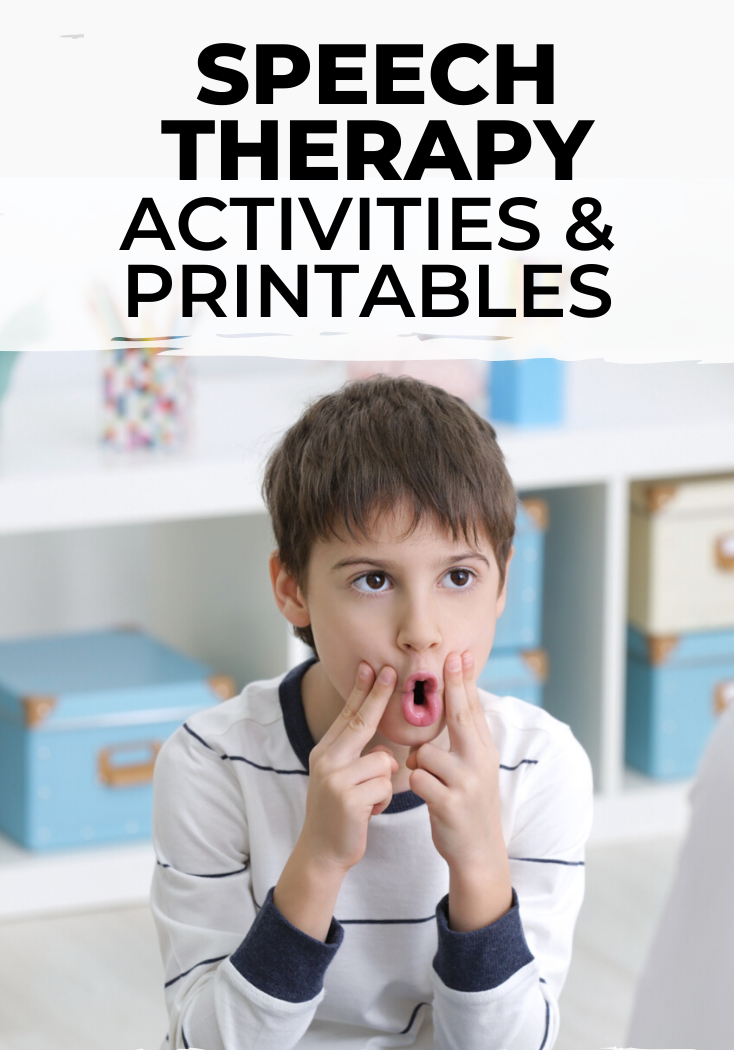
Speech Therapy Activities for…
- Respond to His/Her Name
- Play Pat-a-Cake and Peek-a-Boo Type Social Games
- Follow Simple Directions
To see all of the skills your 1-year-old should have,
- Speak 1- and 2-word utterances (like “ball” or “throw ball”)
- Ask some “wh-” questions, like “what?”, “what that?”, or “where mommy?”
- Follow simple directions, especially with a gestural cue
- Imitate adult behaviors in play
- Point to familiar objects in books when named and name some himself/herself
- Use simple directional/spatial terms, such as “up” and “down”
- Say 200-300 words (but you don’t have to count them all!)
To see the full list of skills your 2-year-old should have
- Speak clearly enough to be understood about 75% of the time
- Use some pronouns (such as “I”, “it”, “me”, “my”, “mine”, “you”, “your”, “she”, “he”, “yours”, and “we”)
- Use the “-ing” at the end of verbs (such as “running” and “jumping”)
- Begin to use plural “s” (like “socks”)
- Use past tense “-ed”
- Use the possessive ‘s like “Mommy’s ball”
- Produce sentences that are an average length of 3 words
- Use more descriptive words and spatial concepts
- Answer questions such as, “where…?”, “what’s that”, “what’s ___ doing”, “who is…”, and “can you…”
- Ask simple “where”, “what”, and “what doing” questions
- Follow simple two-step directions, such as “get your cup and give it to me”
- Speak clearly enough to be understood 75-90% of the time
- Use correct grammar (most of the time)
- Speak in sentences that are, on average, 2-5 words long (or longer)
- Follow 2-Step Related Directions without Cues (such as “stand up and push in your chair”)
- Be able to interact appropriately with kids his/her own age
- Manipulate words/sounds in activities such as rhyming and alliteration (phonological awareness skills)
- Should have a large vocabulary and use a lot of different words
- Answers a variety of questions, including “yes/no”, “what”, “who”, “where”, “why”, “how”, “when”, and “how many” (as long as there are only a few things)
- Asks “what”, “where”, “when”, “how”, “whose” and one-word “why” questions
- Improve Word Finding/Word Retrieval Skill
- Use a Word Web to Expand Vocabulary
- Sequence Common Events in Order
- Make Inferences
- se fluency in preschoolers
- Reduce stuttering/increase fluency in older children
- Reduce cluttering
- Improve word retrieval/word finding
- Address negative emotions of stuttering
- Use phonological awareness/pre-reading skills (rhyming, segmenting, blending, etc.)
- Improve Reading Comprehension
- Improve Reading Fluency
- Understand and Use Figurative Language
- Make Inferences
- Use language instead of challenging behaviors to get needs met
- Use strategies to calm himself/herself down when upset
- Address self-harming stimming behaviors
- Use video modeling to learn social/behavioral expectations
- Respond to his/her name
- Improve social skills in preschooler
- Improve social skills in older children
- Establish and Maintain Joint Attention
- Learn perspective-taking
- Make social inferences
- Stay on topic
- Understand and Use Figurative Language
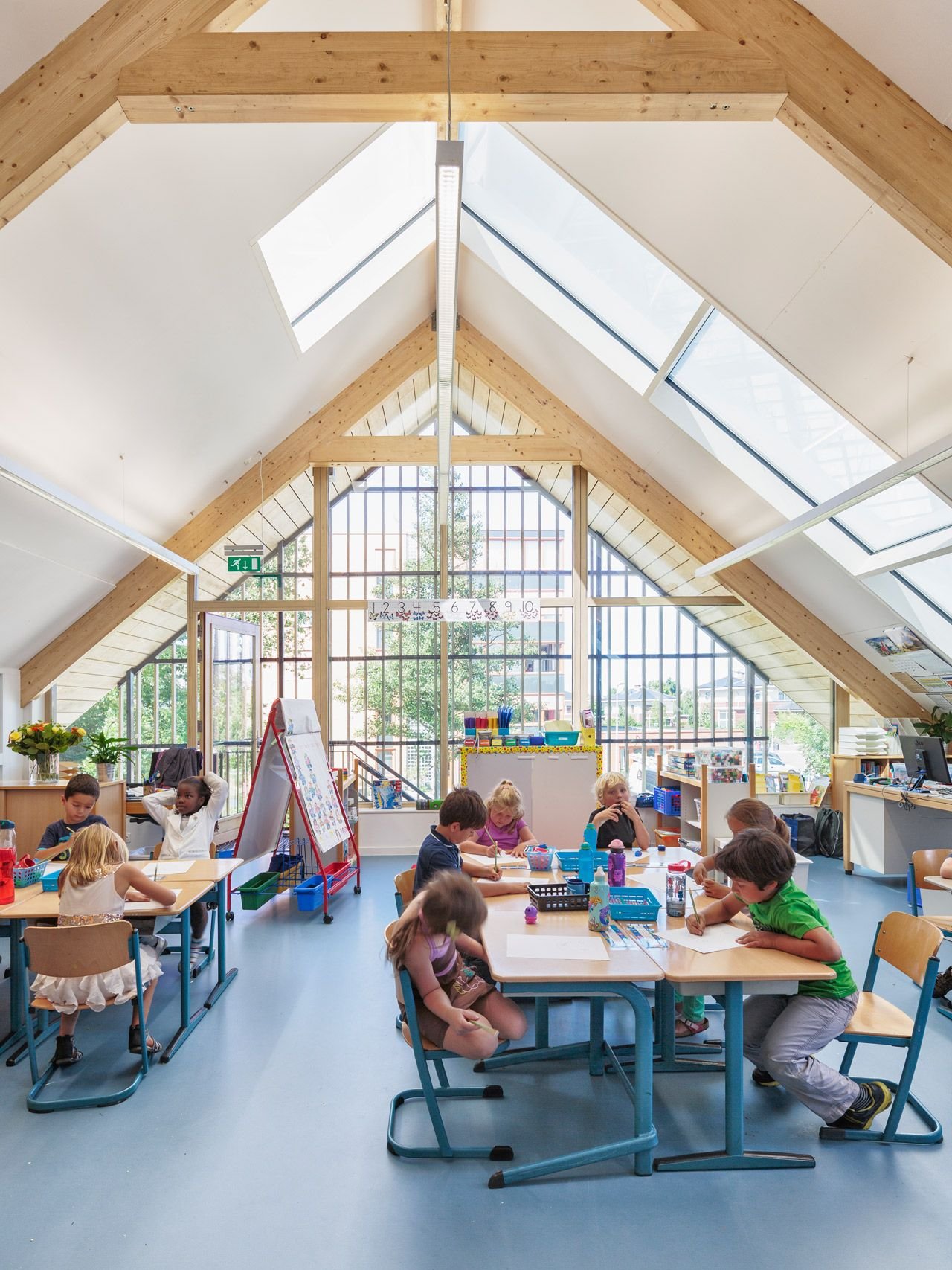
All You Need To Know About Speech Therapy for Children
Speech Therapy refers to the assessment and treatment of disorders relating to speech, language, and communication. Speech disorders can occur due to a variety of structural and developmental abnormalities that affect the child’s ability to articulate sounds properly. Speech Therapy treatments can help the child overcome these abnormalities through a variety of exercises that target their specific issues. The earlier Speech Therapy for children begins, the greater the benefits will be.
Those who demonstrate speech and language delays or disorders at an early age may benefit from Speech Therapy for children. Trouble with articulating word sounds, stuttering or cluttering, resonance disorders owing to obstruction in the oral or nasal cavities, receptive and/or expressive language disorder, aphasia, dysarthria, and cognitive-communication disorders are all signs that intervention in the form of Speech Therapy exercises is necessary. How long the Speech Therapy for kids will continue depends on their age, the severity of the speech disorder, and the nature and severity of the underlying condition that is causing the speech disorder. While some conditions improve as the child grows older, others require life-long intervention and maintenance.
During the course of Speech Therapy treatment, the therapist will work with the child through one-on-one exercises or group interactions to target their specific speech disorder. There are various Speech Therapy techniques available to treat expressive and receptive language problems, articulation problems, pragmatic language problems (where the child struggles to use language in socially appropriate ways), and others. A course of Speech Therapy treatment often includes the following: Articulation therapy: This is where the therapist assists the child with specific sounds that they have trouble pronouncing. This usually takes the form of Speech Therapy exercises to move the tongue in ways that create those specific sounds Language intervention activities: This is a set of Speech Therapy exercises that build speech and language skills as well as social skills. Through activities like play-based therapy, picture cards, or reading books aloud, the therapist will help the child with their language skills and provide necessary feedback Feeding and swallowing therapy: Here, the therapist teaches a variety of Speech Therapy exercises to strengthen the mouth and jaw muscles to make eating easier. These exercises may include facial massage, tongue exercises, and swallowing exercises
Speech therapists are qualified to provide various types of Speech Therapy for children, in order to help them overcome speaking disorders. They can also help with written language and auditory processing issues. In the first session, the speech therapist will understand the exact nature of the child’s speech and language problem, whether it relates to articulation, fluency, resonance, or oral feeding issues. Through a combination of tailored Speech Therapy exercises, they are then able to significantly improve the child’s communication abilities.
Speech Therapy for children helps them speak clearly and hold conversations with others, while also enabling them to eat and swallow safely. It enhances their sense of confidence, as they no longer need to struggle while speaking. For children with dyslexia, Speech Therapy treatment can help them distinguish sounds that they would otherwise confuse in their heads. Through tailored Speech Therapy for kids, young children can grow academically, socially, and emotionally from an early age and enjoy a more fulfilling life.
Speech Therapy for children makes use of various mouth and jaw exercises as well as fun activities to engage your child and obtain the best Speech Therapy results. Some of the popular Speech Therapy exercises include: Flash cards: These help children remember and practice sounds that they have trouble with Mirror exercises: The therapist may make your child stand in front of a mirror and help them pronounce each word very slowly and carefully. This is done so that your child will be aware of what the mouth is supposed to look like while uttering a particular word Tongue exercises: Exercising the tongue is an important part of Speech Therapy treatment for safe swallowing. Examples include pushing the tongue to the bumpy part behind the top teeth and then curling back as far as possibleLarynx closure exercises: These are highly effective Speech Therapy swallowing exercises. They include holding a deep breath while swallowing and then coughing immediately after (a supraglottic swallow), or turning the head while holding a breath and saying ‘ahh’ while breathing out
Atthepeptalkspeechtherapycenter, our trained therapists work with children to ensure that they get the best possible Speech Therapy treatment. We pay attention to the smallest of details and take utmost care to ensure that your child is benefitting from the Speech Therapy exercises and speaking more confidently with each session. We have worked with children who have conditions such as Cerebral Palsy, Autism, Ataxia Telangiectasia, and have successfully helped them to speak and even sing with a smile thanks to our Speech Therapy exercises.
Google review
Swati is really friendly with kids and doesn’t force them to respond to her, she lets it happen naturally because of which once the kids are comfortable, they really start following her. I personally experienced a huge improvement in my twins boys speech within 2 months. Really appreciate her work for helping and guiding parents in such cases. She is really an amazing speech therapist.
Deepali Rokade
Her way of teaching is wonderful. She tries to understand exact issue and creates a plan accordingly. We have seen an great improvement in our sons speech & behavior. He is very happy and loves going there.
Vaibhav Vichare
4 months back, I started therapy sessions for my 4 year old son who has delay in language and speech He has made considerable process in these months . He has started to speak 3 word sentences and clarity of speech has improved.
radhika ch
My son, Siddharth,when he was 3 years 2 months was able to understand whatever we said to him but hardly spoke more than 5-6 basic words. Then after going through the Google reviews,we approached Dr.Swati in March 2022 with our concern. And almost within 3-4 months ( sessions were 2-3 times /week) my son started speaking sentences.😊 It was a miracle.. Thank you Dr.Swati for the correct guidance and making the environment child friendly at your institute.....
prajakta gore
I took sessions from Swati Madam and Payal Madam at Pep Talk Speech Therapy Center for my son Rhythm Jain. He is 8 Yrs old non verbal autistic child. I t was good experience with the center.. Earlier he was completely non verbal. He had started imitating few animal sounds and making alphabet sounds within 2 months of sessions.. So overall it was a good result achieved in such a short span of time.. Swati Madam and Payal Madam both are very knowledgeable and have good expertise over her craft.. Unfortunately I had to discontinue the sessions due to shifting to another city.. From my side it is a big thumbs up to Pep Talk Speech Therapy center.. Highly recommend...
Rahul Jain
